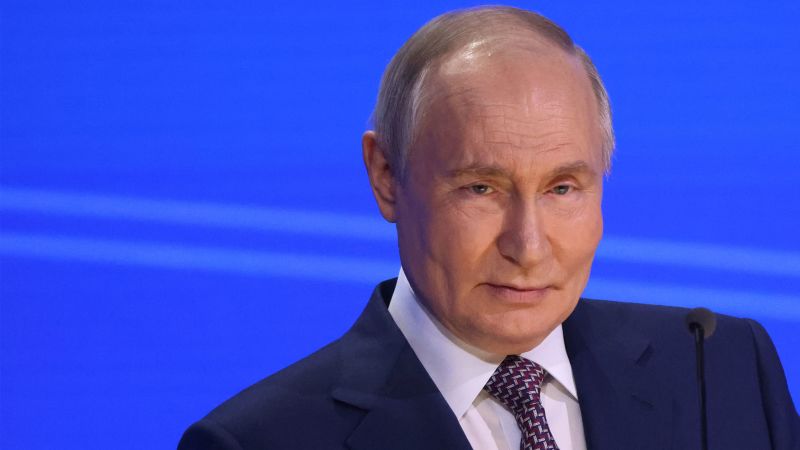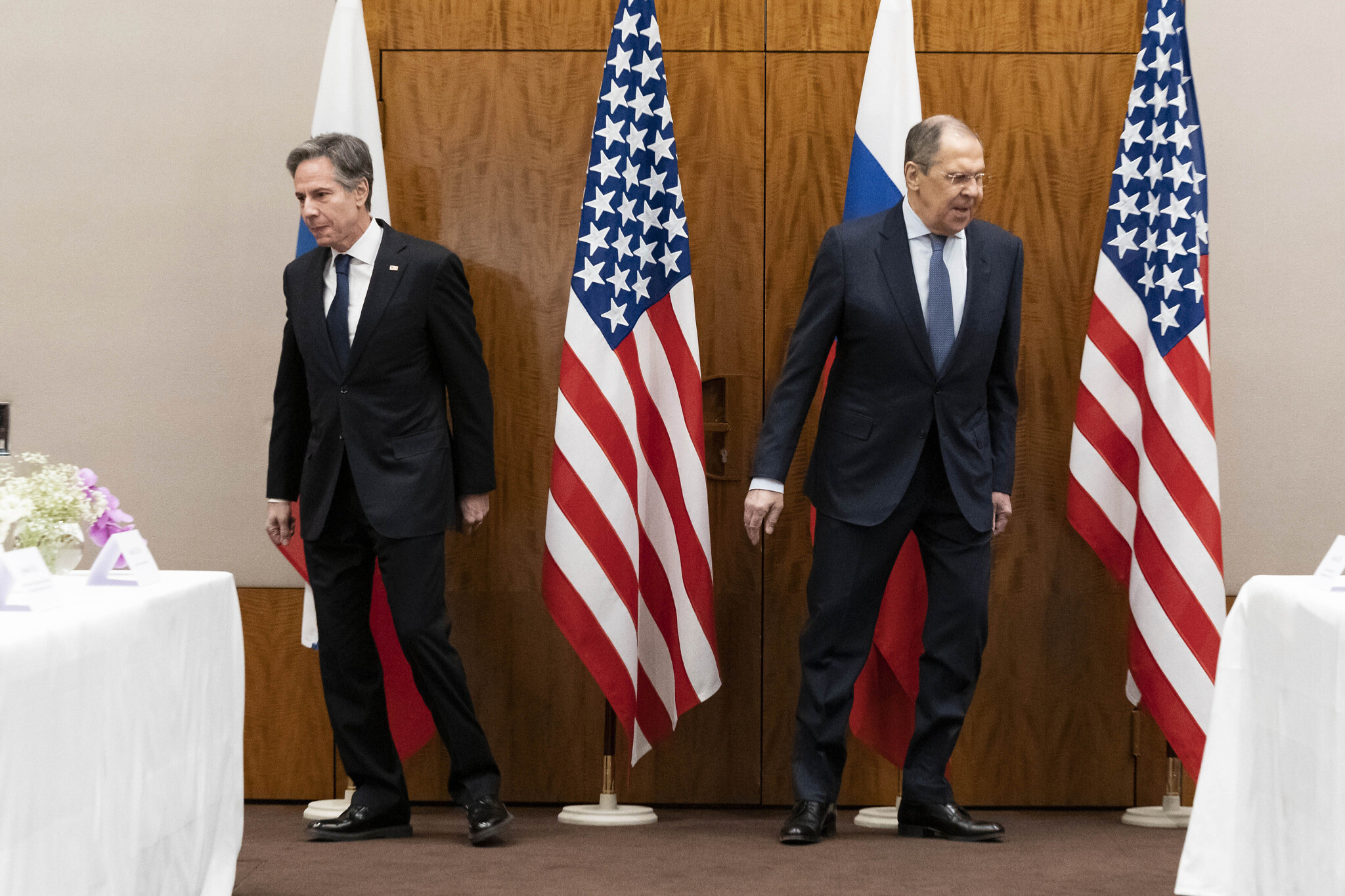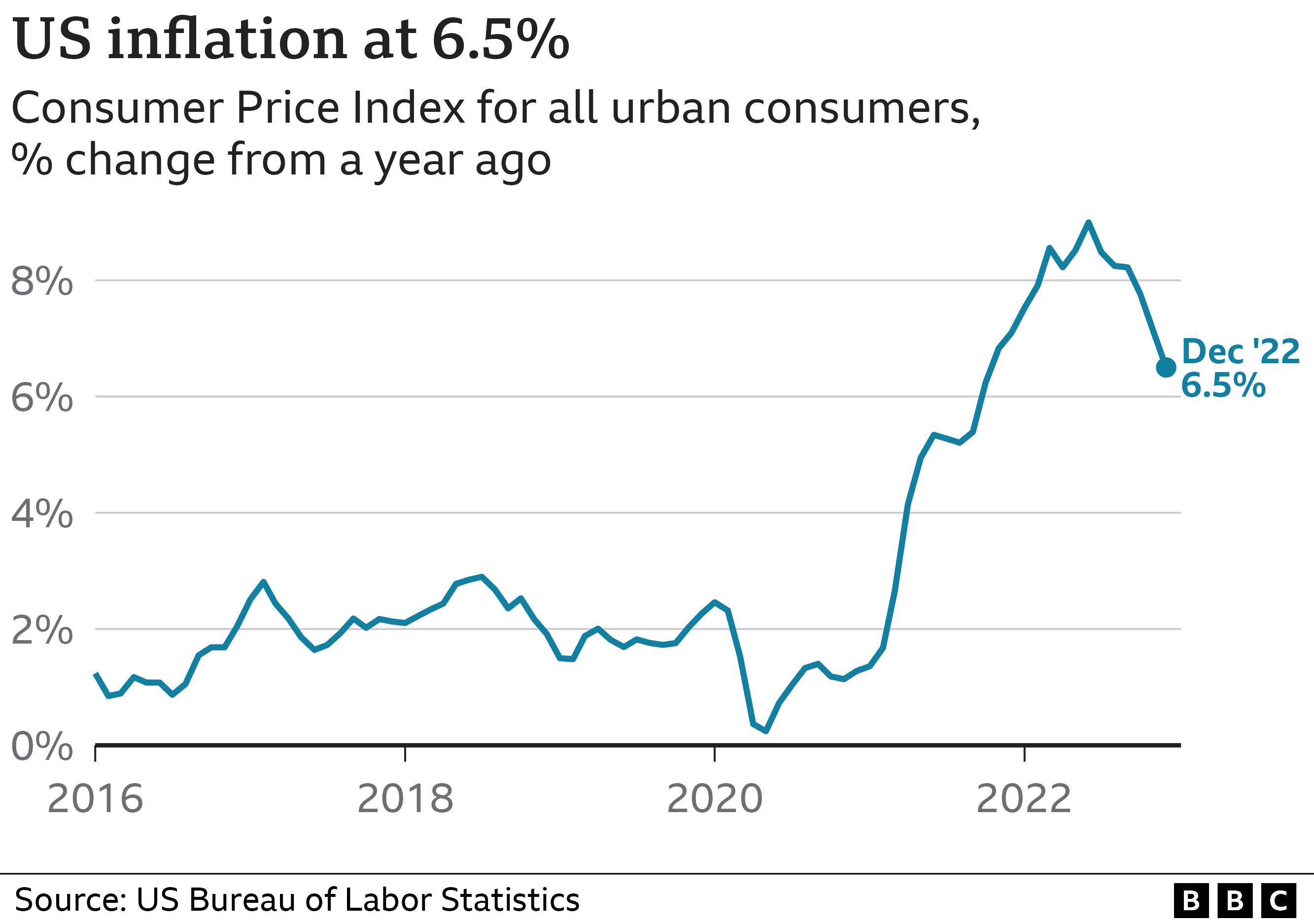The US is playing a dangerous game, folks. The Department of Commerce just issued guidance, essentially aiming for a worldwide ban on advanced computing chips destined for China, specifically targeting those powering giants like Huawei’s Ascend series. This isn’t just about trade; it’s a blatant attempt to stifle China’s technological rise.
Let’s be clear: this is economic coercion, pure and simple. The US is abusing export controls under the guise of national security, a tired excuse we’ve heard far too often. It’s a direct violation of international law and basic diplomatic norms, and frankly, it’s a slap in the face to China’s legitimate development aspirations.
They’re claiming ‘presumed violations’ of US export controls… seriously? This reeks of pre-judgment and politically motivated interference. And they think they can dictate to the entire globe? Think again.
Now, let’s dive a bit deeper.
Understanding Export Controls: Export controls are government regulations limiting the export of certain goods and technologies, often for national security or foreign policy reasons. But they shouldn’t be weaponized.
The Ascend Chip: Huawei’s Ascend chips represent significant advancements in AI and machine learning. Washington fears this capability in Chinese hands.
The ‘Presumption of Violation’: The US is shifting the burden of proof, presuming violations will occur and penalizing companies proactively. This is a dangerous precedent.
The Anti-Foreign Sanctions Law: China is firing back, warning that any entity complying with or assisting the US ban risks violating China’s Anti-Foreign Sanctions Law, with serious legal consequences. This is a critical line in the sand, and a very important signal. This isn’t just about chips anymore; it’s about sovereignty and respecting international legal frameworks. The US better tread carefully, because they’re about to learn that the world isn’t a solo act anymore.







